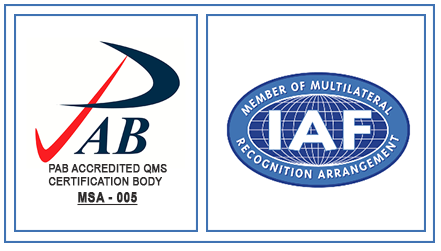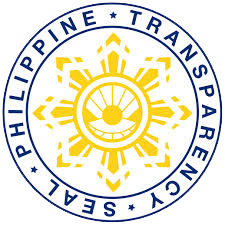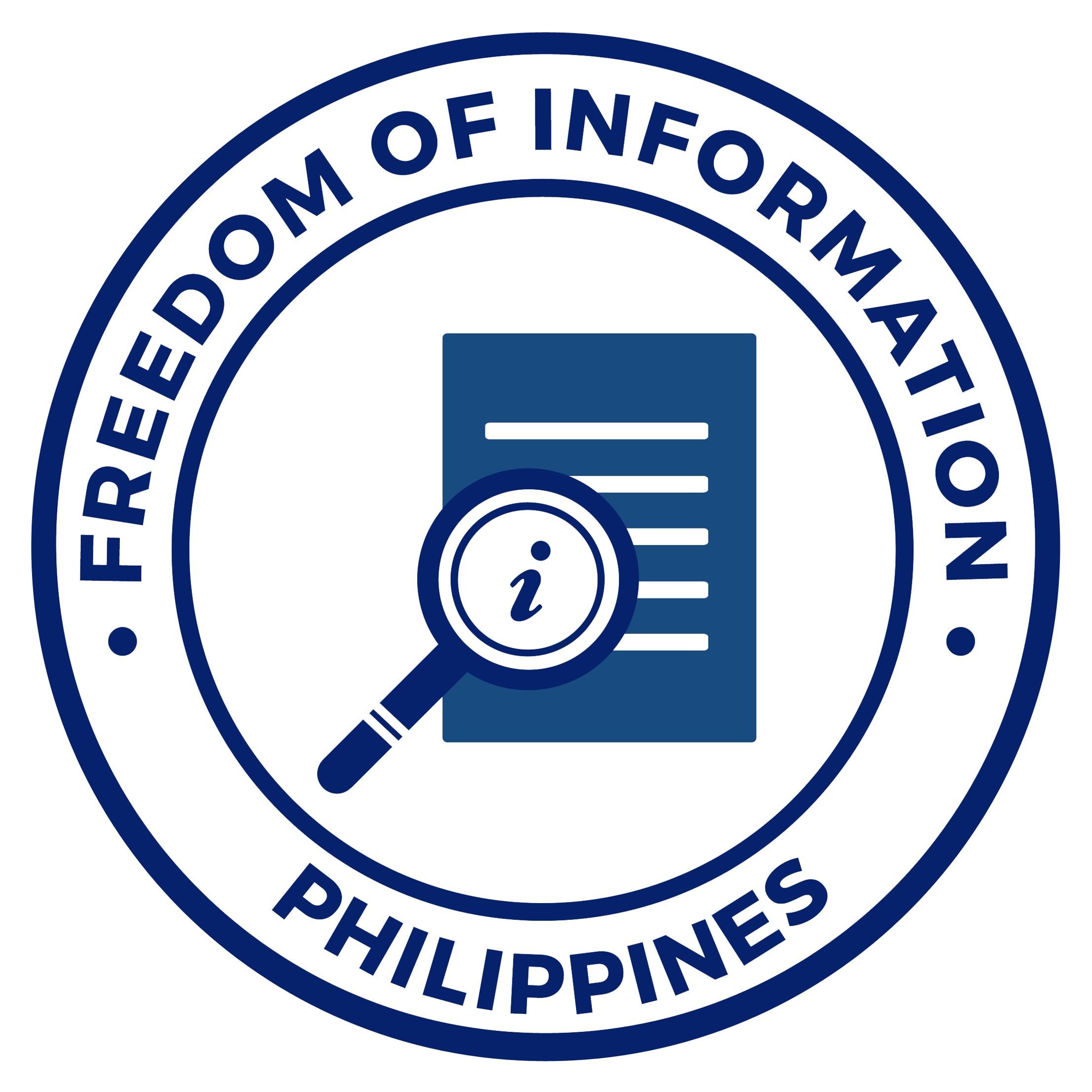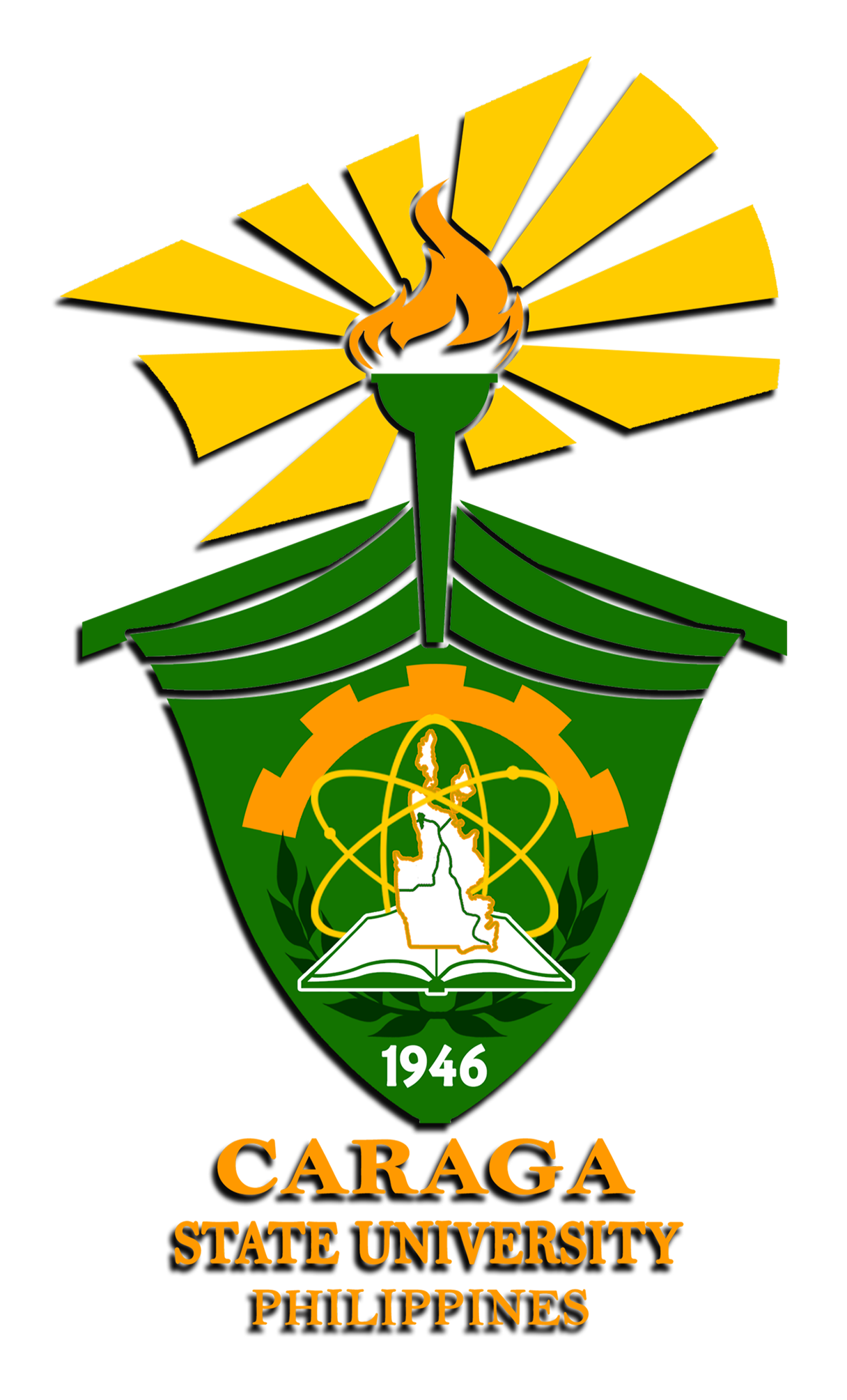News and Events
Bachelor of Science in Geodetic Engineering

Overview
A Geodetic Engineering graduate is expected to be able to execute control surveys; mineral, hydrographic, and topographic surveys; photogrammetric surveys; gravimetric surveys; and astronomical observations. In the view of the comprehensive training, opportunities after graduation are very great and one is unlikely to find difficulty looking for work.
The curriculum is adapted to the development of geodetic science and research. The courses deal more on the fundamentals and the core of the various branches of geodesy, courses in mathematical methods, electronics, and cartography are introduced.
Program Educational Objectives
Three to five years after graduation, the Geodetic Engineering alumni:
- Must have advanced their practice in the field of surveying, digital mapping, remote sensing, spatial data handling for land and geographic information systems;
- Must strive to be globally competitive through upholding the CSU mission values, pursuing continuing education, and continuously advancing personal growth; and
- Must respond to the holistic demand for a geodetic engineer in protecting the environment, human life and property, promoting socio-economic development, and in providing innovative systems for good governance and community service.
Program Intended Learning Outcomes
- Apply knowledge of mathematics, physical sciences, and engineering sciences to the practice of geodetic engineering;
- Design and conduct experiments to test hypotheses and verify assumptions, as well as to organize, analyze and interpret data, draw valid conclusions, and develop mathematical models for processes;
- Design, improve, innovate, and to supervise systems or procedures to meet desired needs within realistic constraints, in accordance with standards;
- Work effectively in multi-disciplinary and multi-cultural teams in diverse fields of practice;
- Identify, formulate, and solve geodetic engineering problems;
- Understand professional, social, and ethical responsibility;
- Communicate effectively through oral, written, print, and other media;
- Understand the effects and impact of the geodetic engineering profession on the environment and the society;
- Engage in life-long learning and to keep current of the developments in a specific field of specialization;
- Know contemporary issues;
- Use the appropriate techniques, skills and tools necessary for the practice of geodetic engineering;
- Know and understand engineering and management principles as a member and leader of a team, and manage projects in a multidisciplinary environment; and
- Understand at least one focus area of geodetic engineering practice and apply such knowledge to provide solutions to actual problems.
Admissions
Registrar
Guidance
Office of the President
Public Information and Communication Office
Course Particulars
College of Engineering and Geo-Sciences
College of Agricultural and Agri-Industries
College of Mathematics and Natural Sciences
College of Forestry and Environmental Sciences
College of Computing and Information Sciences
College of Education
Philippine Standard Time
Transparency Seal
Design by ICT Center.





